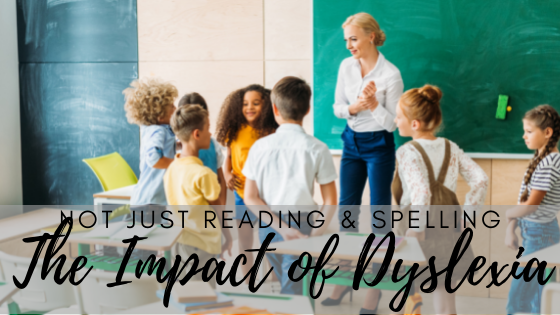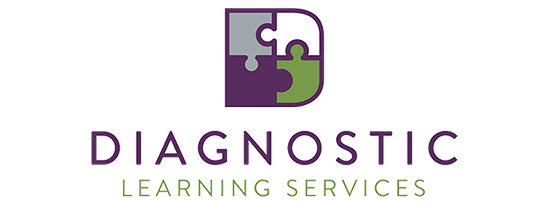
Not Just Reading And Spelling – The Impact Of Dyslexia
Dyslexia manifests itself most obviously as difficulty with reading and spelling, but there are other cognitive deficits associated with the learning difference that can have a dramatic impact on children’s educational experience.
Processing speed, working memory and long-term retrieval all effect how children learn in the classroom and without help, those who have difficulty with these processes will be left behind – and be left feeling frustrated, helpless, and incapable.
Intellectual deficits are in no way tied to intelligence, but they can severely impact the language continuum associated with dyslexia.
Processing speed difficulties and their impact
Processing speed: Processing speed involves the serial scanning of print. Children who have difficulty with processing speed tend to have inefficient visual tracking, port orthography and slow long-term retrieval.
A low processing speed doesn’t mean that the child isn’t smart, it just takes a longer time for that child to take in and use the information.
In the classroom, the processing speed difficulties associated with dyslexia will manifest through difficulty focusing and processing information. Research has shown that slow processing speed is linked to reading development and reading performance.
Interventions for processing speed difficulties include systematic instruction in phonological awareness and phonics as well as giving children the opportunity to explore and manipulate words and sounds. In the classroom, visualization strategies along with recording of lectures will be of assistance.
Short-term memory and dyslexia
Working memory (short term): Short-term memory, also known as working memory, acts as the brain’s scratch pad – it’s our ability to hold information and utilize it within a few seconds, such as remembering a login code long enough to input it into an app on your phone.
Students with the low working memory associated with dyslexia will have a hard time with rote memorization, following multi-step directions and remembering the order of information. In reading and writing assignments, these students will have trouble with multi-syllabic words and reporting on what they have read.
There are many ways to help children who have low-working memory due to dyslexia. They include keeping directions short and simple, providing manipulatives to help students visualize a story and teaching mnemonics to help with recall and memorization. Additional strategies such as asking students to paraphrase directions, highlighting key vocabulary, and using prereading text to showcase new vocabulary will also be helpful.
Dyslexia and its impact on Long-term retrieval
Long-term retrieval (RAN): We think of long-term storage and retrieval as the brain’s file cabinet. It’s not the same as long-term memory, but instead refers to how we store and retrieve information.
As you can imagine, difficulty with long-term retrieval means children with dyslexia will struggle with learning new concepts, automaticity, fluency, generating ideas and recalling specific information.
Like many of the other impacts of dyslexia, long-term retrieval deficits can be overcome by providing visual clues, keeping directions short and simple and asking children to paraphrase what they are hearing. Mnemonics, visual aids and reminders will also be of assistance.
Overcoming dyslexia and the associated cognitive deficits
Just like dyslexia itself, we can’t “cure” these cognitive deficits, but at Dyslexia on Demand, we can empower children to conquer them. Contact us today and we’ll get started helping your child overcome dyslexia.







